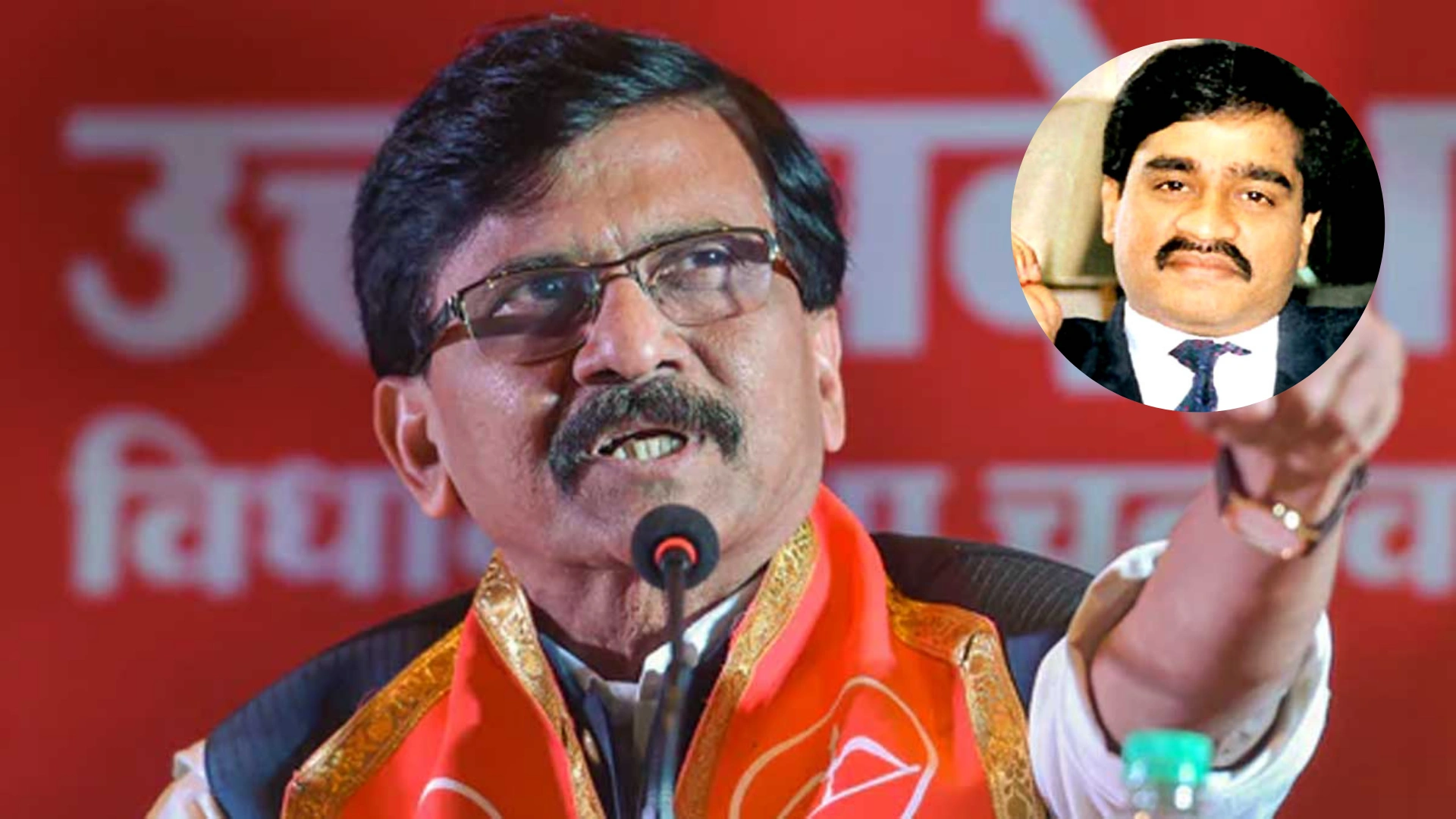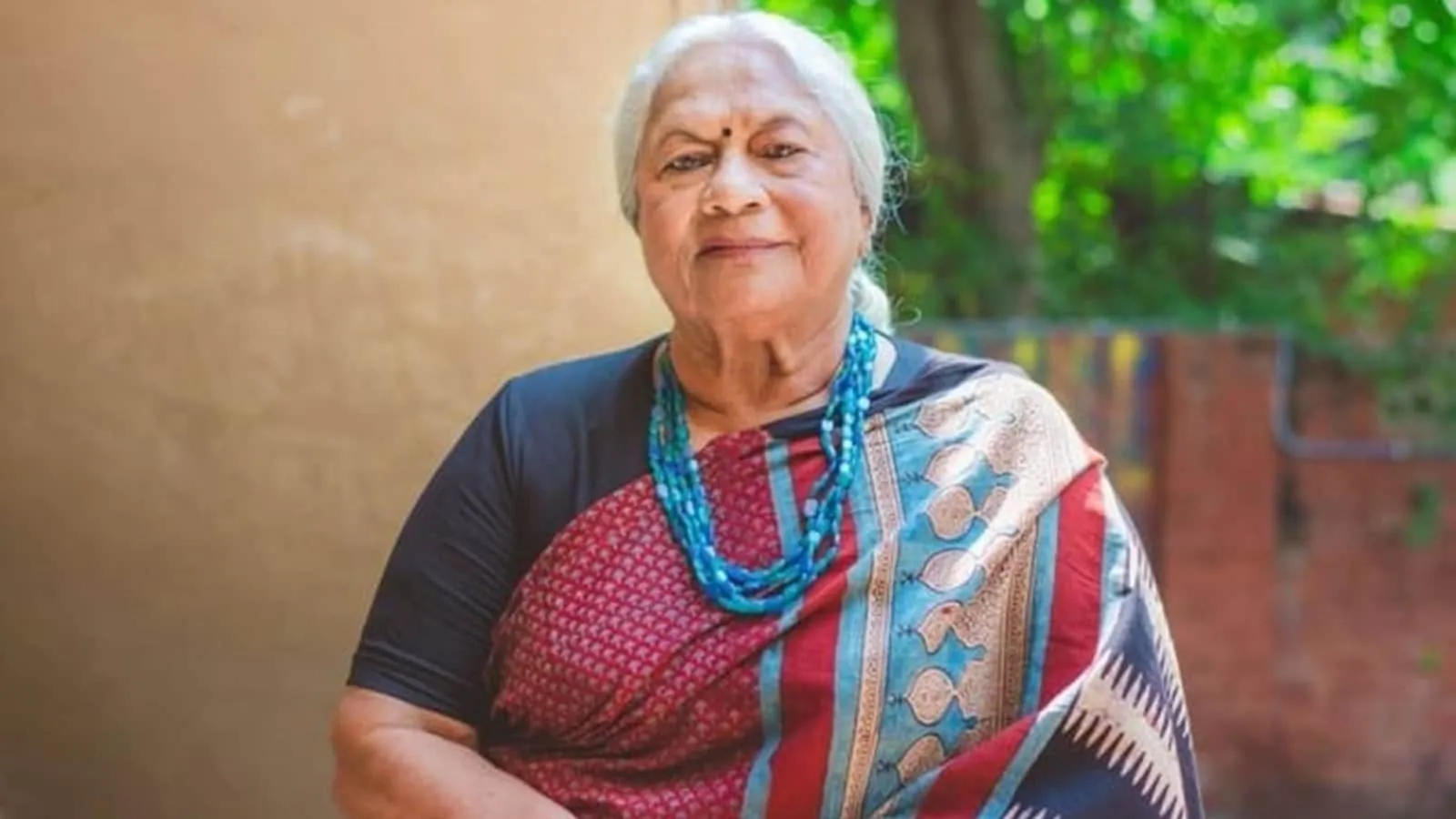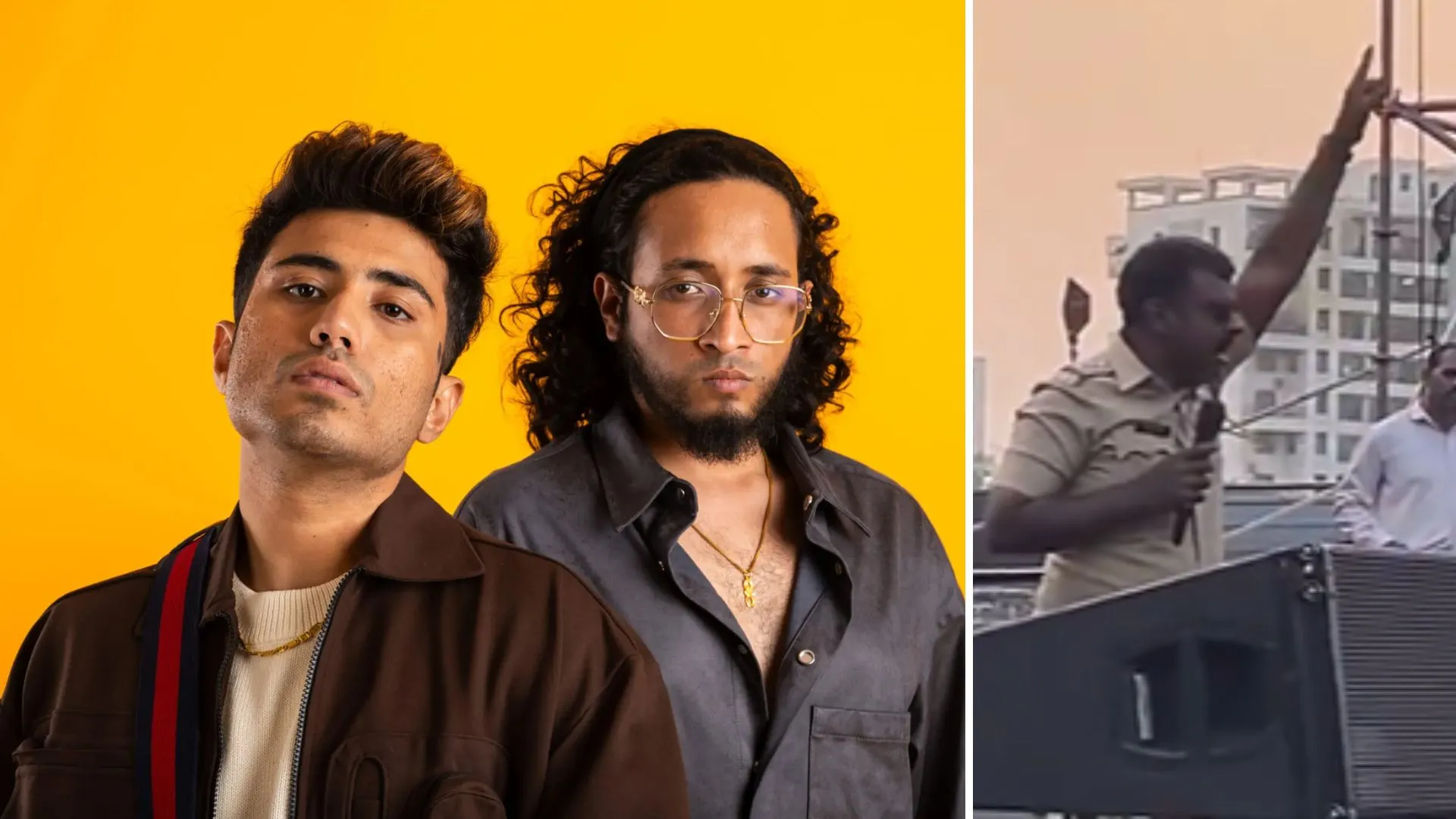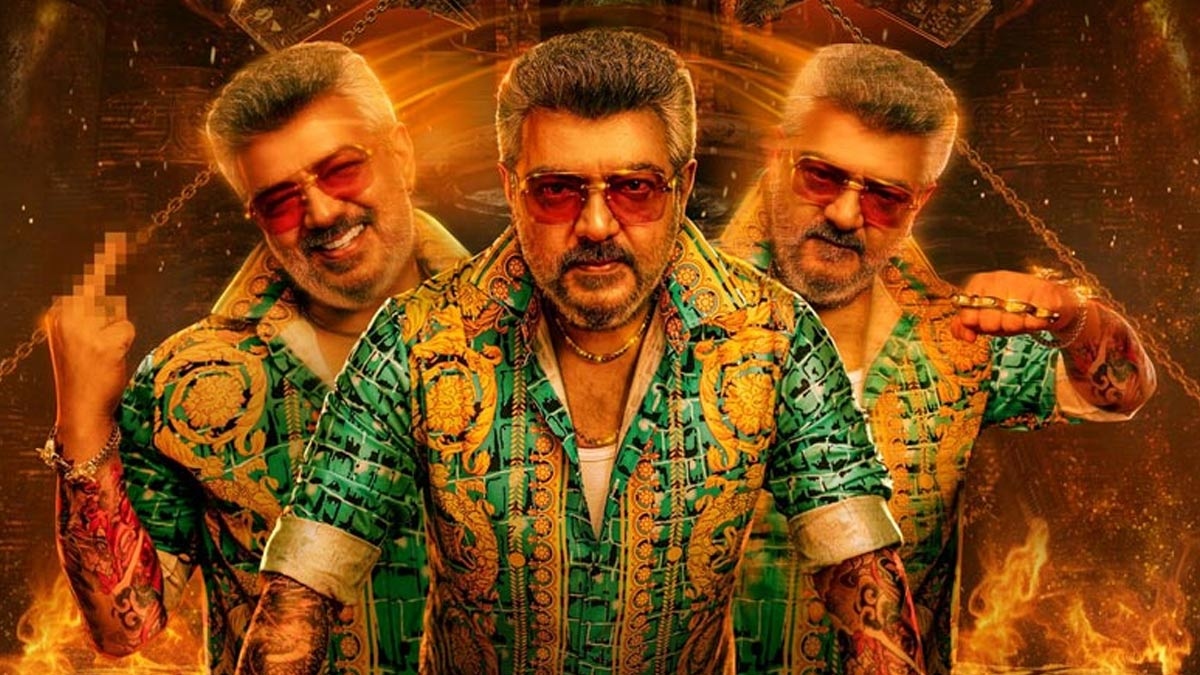The United States Supreme Court has denied the review petition of Tahawwur Hussain Rana, a key conspirator in the 26/11 Mumbai terror attacks, paving the way for his extradition to India. Following the decision, Shiv Sena (UBT) leader Sanjay Raut called for similar efforts to bring back other fugitives, including Dawood Ibrahim, Nirav Modi, and Tiger Memon.
“This is a judicial process. Such judicial processes keep going on. Now Nirav Modi has to be brought, Dawood has to be brought, and Tiger Memon has to be brought. The list is long,” Raut told reporters on Saturday.
The Supreme Court’s decision comes after Rana exhausted legal options in US federal courts, including the Ninth Circuit Court of Appeals. Rana is accused of providing material support to Lashkar-e-Taiba in orchestrating the 2008 terror attacks, which killed 166 people in Mumbai.
The decision has been widely hailed in India. CPI(M) leader Hannan Mollah commended the US judicial system, stating, “It is good that the US Supreme Court has given permission. These criminals must be tried in India for their heinous crimes.”
Shiv Sena MP Naresh Mhaske called the ruling a major victory for the Indian government, adding, “Rana’s extradition will not only help in uncovering more details about the 26/11 attacks but may also expose Pakistan’s involvement.”
Advocate Ujjwal Nikam, who served as a public prosecutor in the 26/11 case, said, “This is a significant success for India. Rana’s extradition will provide crucial evidence about the involvement of Pakistan’s security apparatus in the attacks.”
Who is Tahawwur Hussain Rana?
Rana, a Pakistani-origin businessman and former associate of David Headley, was previously convicted in the US for supporting a terrorist plot in Denmark. He has been in custody since 2020 after a provisional arrest warrant was issued for his extradition to India. Despite repeated appeals, US courts consistently upheld the extradition order.
The US Supreme Court’s latest ruling upholds an earlier decision by a federal court that Rana can be extradited to India to face charges, including waging war, murder, forgery, and terrorism.
With the legal hurdles cleared, Indian authorities are expected to expedite the extradition process. Once in India, Rana’s trial is likely to shed light on the conspiracy behind the 26/11 attacks and further implicate individuals and entities involved.
ALSO READ: US Supreme Court Clears Extradition Of 2008 Mumbai Attack Convict Tahawwur Rana To India





















